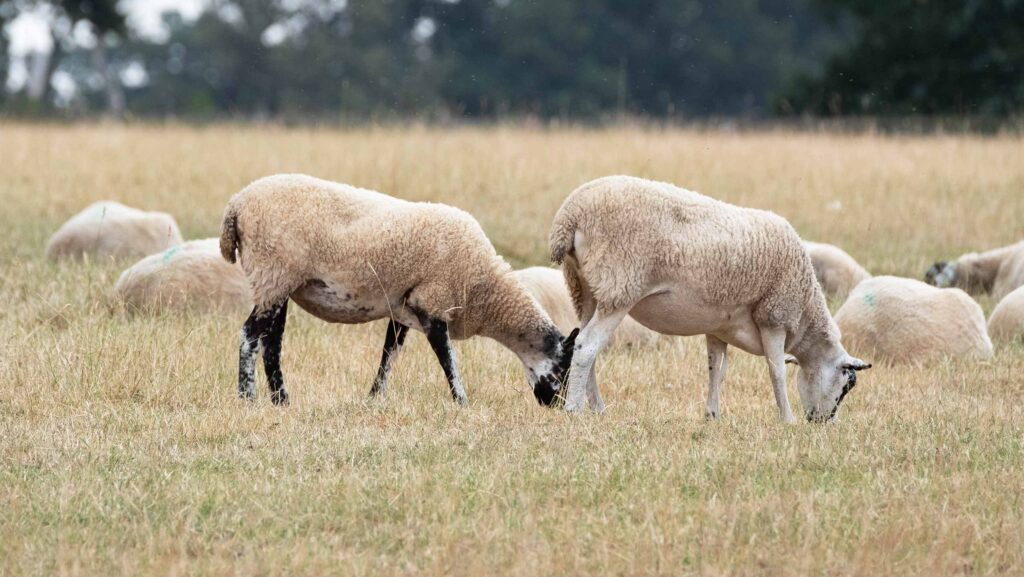Bluetongue virus control zone extended to Essex
 © Tim Scrivener
© Tim Scrivener The bluetongue virus outbreak in eastern England has expanded, prompting more movement restrictions for livestock.
Defra has extended the restricted zone for bluetongue virus serotype 3 (BTV-3) to Essex.
Farmers in Essex are now subject to the same movement restrictions that were already in place for those in Norfolk and Suffolk.
See also: Q&A: All you need to know about bluetongue disease
This decision follows confirmation of new cases on several farms in Suffolk and evidence of continued local transmission.
BTV-3 has now been confirmed on 13 sites, affecting a total of 41 animals.
Movement restrictions have been extended to all ruminants, such as cattle, sheep, and goats and camelids, including llamas and alpacas, moving out of the expanded zone.
These restrictions also apply to the movement of germinal products (like semen or embryos) within the zone.
Animal movements within the restricted zone are only permitted under a licence, and farmers are urged to move animals only when absolutely necessary.
Licences to permit movements within the restricted zone are available, but movements out of the zone are heavily restricted.
‘Worrying development’ – NFU
NFU president Tom Bradshaw described the situation as a “worrying development” and urged all livestock keepers to remain vigilant for signs of bluetongue, report any concerns to veterinarians or the Animal and Plant Health Agency (Apha), and comply with testing requests.
The NFU is working with Defra and Apha to ensure that movement licences are available and it has called for a vaccine to be authorised and made available as soon as possible.
